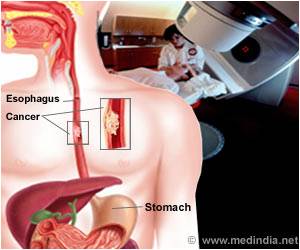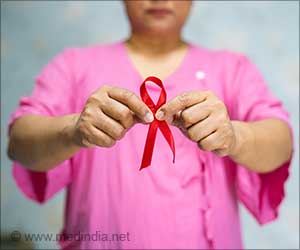The gene signature for renal cancer can help clinicians identify recurrence risk earlier and potentially guide patient treatment strategies.

‘Researchers developed a 15-gene signature to effectively risk-stratify clear cell #renalcancer patients from low to high. #kidneycancer ’





Understanding Renal Cell Carcinoma
Kidney cancer accounts for about 3-5% of all cancers; clear cell renal cancer makes up about 75% of all kinds of kidney cancers. Currently, treatment for clear cell renal cancer is determined based on the size and grade of the tumor and stage of overall disease.But this “one-size-fits-all” approach isn’t always precise.
“We need biomarkers to identify and better treat those who need to be treated and avoid treatment in those that that do not need to be treated,” said Simpa S. Salami, M.D., M.P.H, associate professor of urology at Michigan Medicine and lead author of the study.
For example, some patients with stage pT3 disease may never develop recurrence after initial treatment with surgery to remove the kidney. Rather than offer additional, often toxic, systemic therapy to all patients with pT3 disease, a biomarker test that can stratify patients into low versus high risk for recurrence can be used to guide need for additional therapy.
Salami says there’s been no renal cancer biomarker in practice to help clinicians gauge just how aggressive the disease is likely to recur to tailor surveillance strategies as well as need for additional treatment. Until now.
Advertisement
The team retrospectively identified 110 patients who’d undergone a nephrectomy for clear cell renal cancer and had follow-up after treatment. They then performed capture transcriptome profiling from archival tissue specimen from these patients.
Though more research is needed to define how these findings are implemented in the clinic, Salami says there’s much to be hopeful about. “There's potential for using this signature to identify patients who should receive low versus high intensity surveillance,” he said. “It could inform how frequently to do surveillance imaging after initial treatment and, if validated, may be used to guide the selection of patients for additional systemic treatment after surgery.”
Source-Eurekalert















